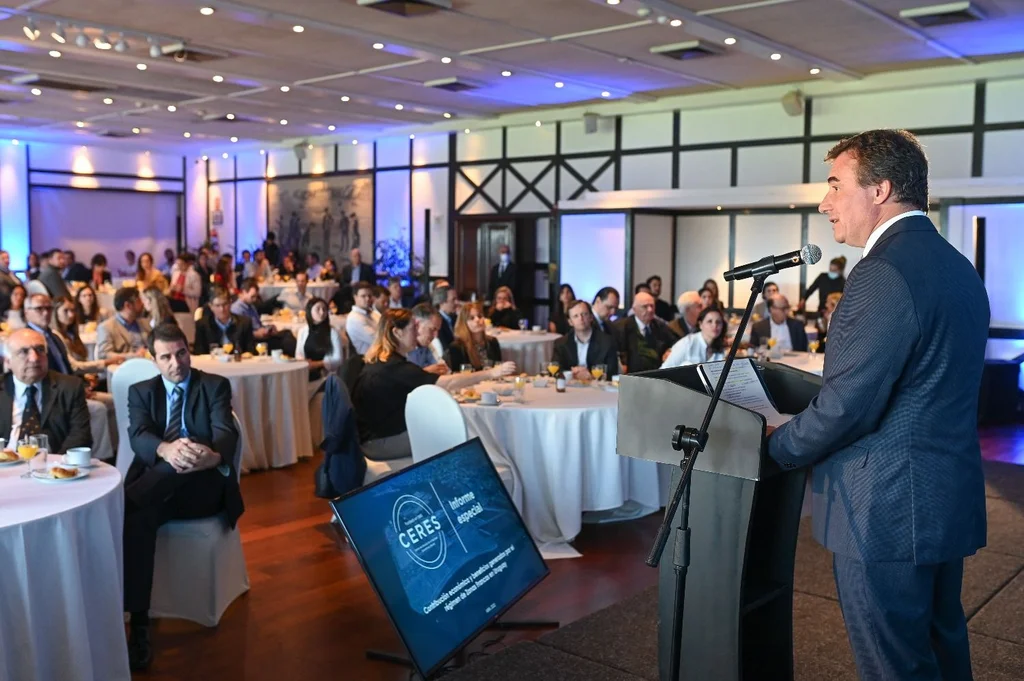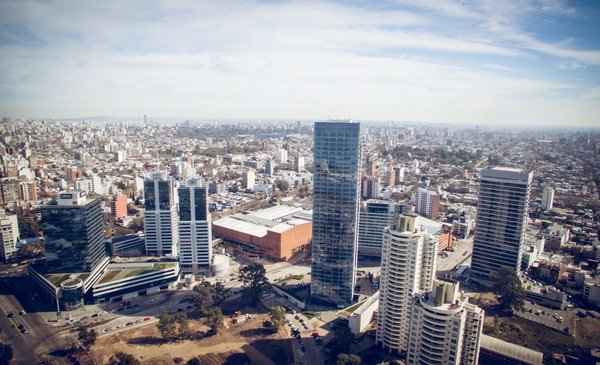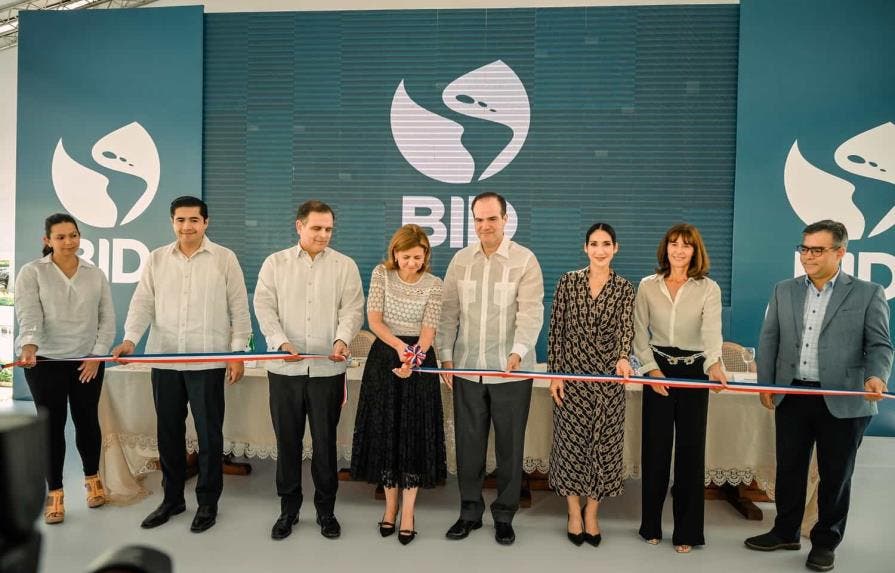For every dollar exonerated, free zones generate a six times higher return for the country. In turn, the companies that work under this regime generate more than 28 thousand jobs. In 2019, these companies invested almost US$ 500 million in Uruguaywhich is equivalent to 5.6% of total investment in the economy. Experts agree that it is necessary defend this regime against international pressure since it is very favorable for Uruguay.
These were some of the data exhibited this Wednesday by the economist Ignacio Munyo, executive director of the Center for the Study of Economic and Social Reality (Ceres), who submitted the report Economic contribution and benefits generated by the free zone regime in Uruguayin an activity organized by the Chamber of Free Zones of Uruguay (Czfuy).
Uruguay today has 11 operating free zones in which there were 1,024 companies authorized to work. The 49% of these companies do so in Zonamericathe 18% in watery Parkthe 10% in wtc Free Zonethe 5% in Zone frank Tip Pereiraand the 18% remaining in the the rest locations. Among all they generate 28,835 jobs in Uruguay (2% of the total). Some 15,235 are direct and dependent, 10,300 are indirect and 3.300 are inducted. At the same time, they represent 5% of the country’s Gross Domestic Product (GDP).
Another fact highlighted in the report regarding employment is that more than 56% of the workers employed by companies in the free zone regime have tertiary trainingmore of five times more than in the population employed in companies outside the regime (10%).
In this line, it is highlighted that the monthly average remuneration dependent staff was US$3,318 in 2019, but that this varies according to the free zone. The remuneration of an average busy person for a company installed in a free zone is almost double (78% higher) compared to the rest of the workers in the economy.
Alvaro Portillo
Diego Licio, president of the Chamber of Free Zones of Uruguay (Czfuyu) and Ignacio Munyo, executive director of the Center for the Study of Economic and Social Reality (Ceres)
The companies of this regime reached the US$ 499 million investment in the countrymeaning 5.6% of total investment in the economy. Also, in 2019, exports of goods and services from free zones reached US$ 5,322 million, 31% of the country’s total exports.
According to the report, the bThe average country benefit resulting from the free zone regime reaches US$ 1,594 million per year (2.8% of GDP), which remains at similar values since 2014.
For their part, the tax exemptions granted to Frankish territories totaled on average US$ 279 million for the period 2014-2019. From this data, it follows that For every dollar exempted, the free zones installed in the country generated a return almost six times higher.
The need to defend the free zone regime
The Uruguayan tax system —and particularly the free zones— was again in the spotlight in October after the European Union (EU) included Uruguay in a country list that do not yet comply with all international tax rulesbut who have committed themselves and are on their way to applying the principles of good tax governance.
At the same time, 136 countries reached an agreement to create a corporate tax of 15% worldwide from 2023a milestone that seeks to limit tax optimization of large multinationals and rivalry between countries for their taxes.
This pact”will redistribute more than $125 billion in profits from some 100 of the world’s largest and most profitable multinationals to countries around the world“, as announced at the time by the Organization for Economic Cooperation and Development (OECD).
In turn, the pact is made up of two pillars. Pillar 1 reallocates part of the taxes on the profits of large multinational companies based on the countries of the markets by creating a new tax authority. For his part, the pillar two will guarantee that multinational companies pay a minimum effective rate of at least 15% on accounting profits in all the countries in which they operate.

Alvaro Portillo
Diego Licio, president of Czfuy, during the activity carried out at the Golf Club
these milestones threaten the free zone regime in particular. Munyo pointed out that this is a regime “favorable for the country” and that in the times to come, where will it be “questioned and lowered the magnifying glass” by international organizations, it is important that “the largest number of people know what they contribute (the free zones) to the country”.
According to the executive director of Ceres, it is necessary “have a realistic position of taking care of something valuable”. “If we know what we have and what the country contributes, it will be different than if we go to that negotiation without knowing it. That Uruguay knows what it has to take care of because it generates a lot for Uruguay not only in economic matters, but also in social policies, in changes at the level of regions and sectors from different parts of the country”, he affirmed regarding the defense that Uruguay should have when the free zones are questioned from abroad.
Munyo pointed out that in a country “attractive and serious” but “expensive” like Uruguay, is “Even more importart” have free zone regimes that “allow to reduce in some sense the tax burden imposed by the country to be attractive to large multinationals that probably would not come in another context”.
Diego Licio, president of Czfuy, said “it is necessary to be known” how free zone regimes work and “know the good things that Uruguay has”. “Transparency is good, it is good that it is known and that it is understood why there are many times that it is not understood how economic regimes work, sometimes because of their complexity and sometimes because of certain myths that are created that eventually do not allow correct information”, he added.
´







